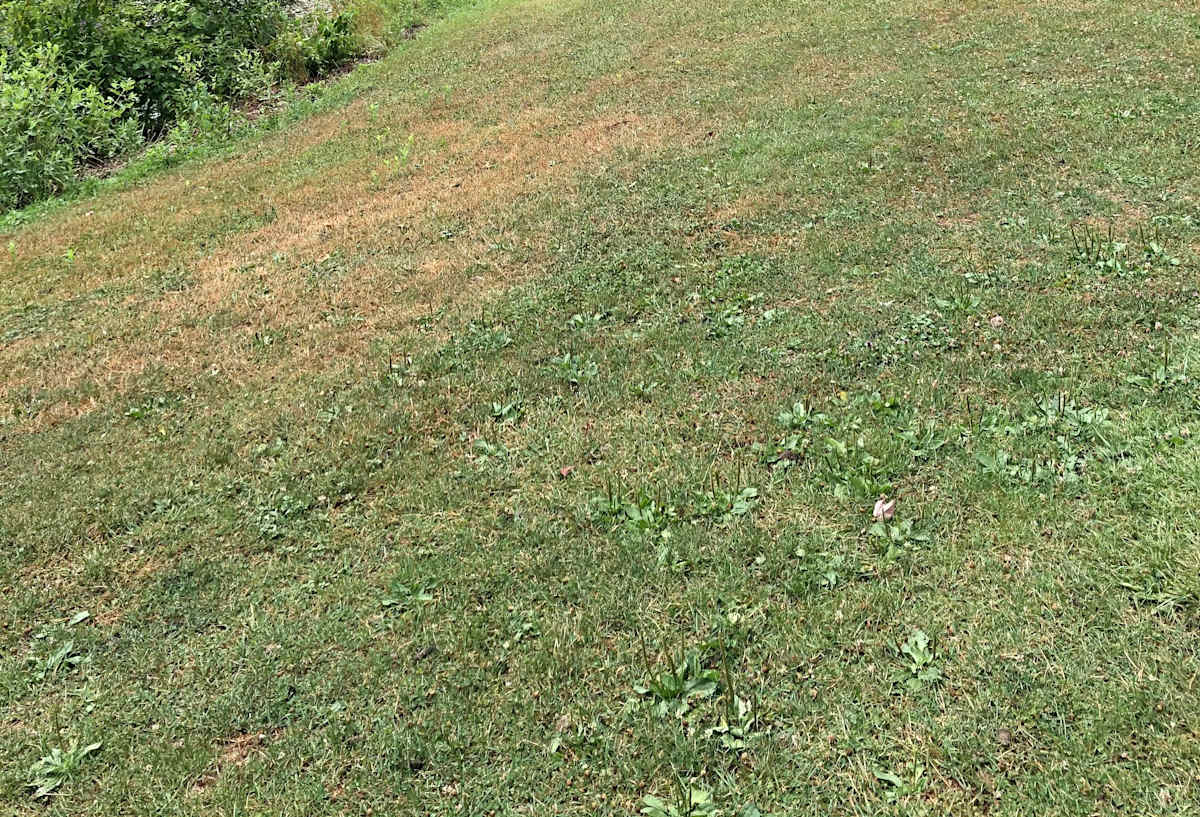As a child, there was little I was good at. That wasn’t my conclusion. Other people—peers, teachers, stepparents—insinuated as much, stepparents foremost. The exception that proved the rule was lawnmowing. In this, I was second to none. No one argued that. And it saved my life.
I began mowing lawns when I was seven, four years before my life was completely upended. My mom moved a hundred miles away when I was eleven, believing I was better off with my stepdad, whom she had decided she was better off without. Within two months, he married Linda. I never thought of Linda as a stepmom, and she never pretended to be.
Before that, as my stepdad and mom’s marriage disintegrated, I was a veritable Pinocchio. I ran the streets from sunup to sundown, usually coming home to an empty house. I often woke to the same empty house or a mom asleep after a late night-shift waitressing. I got myself to and from school, scrounging together lunch money from the change I stole from my parents’ dresser. And I lied constantly, mainly to avoid adults and the wrath they often portended.
Finally, my mom left, and Linda entered. Linda quickly recognized my feral instincts and set out to change me. Two weeks after moving into her house she met me at the door one afternoon. I had been running around all day with friends, my whereabouts unknown. Of course, I lied about planning to come home earlier but getting caught up in helping so-and-so’s mom.
Linda cut me off mid-lie. She told me to cut a switch from a tree and meet her inside. As she beat me, she told me I was a disrespectful little brat who needed to learn my place. I wasn’t going to be running all over town and getting into trouble. I squirmed, but she held me tightly and continued berating and hitting.
Learning my place meant learning my role as a child in Linda’s house. I had chores before and after school. I was responsible for cleaning the house on Saturdays and washing dishes and clothes during the week. My clothes, I washed in the bathtub and hung out to dry until I earned the right to use the washer (I eventually did.). And I mowed our acre of lawn every four days, whether it needed it or not.
I didn’t see mowing as part of my indentured servitude though. The slogging behind a push mower was a reprieve from the reign of terror in which I now existed. Mowing proved to be the salve to the sting of my new life. It was familiar, even routine, while everything else had been turned upside-down.
The single-piston, gas-guzzling push mower was loud and menacing. To stand behind its gyrating handle and rusted-out muffler was to walk in the wake of noise and body jarring vibrations for hours at a time, intermittently broken up by refueling breaks. The yards I mowed were country spreads, acre or more of rough, uneven grasslands.
Cut off from the sounds and sensations of the world, I attended to the lay of the land and the swath of grass in front of me. Knowing where I was and what was coming honed my ability to reckon with whatever came next in life. Is there an obstacle in my path? How wide and when will I need to divert course to get around it? Are there rocks, toys, roots, loose debris, hidden or otherwise, that could (1) kill, possibly break, the mower instantly or (2) spew rocks or debris across the yard, leaving me to pick the pieces up?
My mowing skill was the one thing Linda praised. With her recommendation, I picked up five more yards. Every dime I earned I got to keep, which was good since I had to buy all my school clothes and supplies. Mowing lawns also gave me a sliver of credibility with her and provided an escape from what she had turned my life into.
With six lawns to mow and the two or three hours each day needed to do it, the act of mowing became muscle memory. As I moved in rhythm with the mower, my mind was free to create a different me. The world fell away, and my wretched life went with it. In my mind, I made myself into something worthy of others and me.
I became somebody else, or a bunch of somebodies—an architect, professional baseball player, military commander, world-class distance runner, to name a few. I tried out new identities and let their words live out loud, knowing no one could hear. I imagined all aspects of who I would be as someone else. I populated these possible worlds with like-minded people who saw me as I wanted to be seen.
These were not one-off flights of imagination. They were lived experiences that stretched over months. They continued to play themselves out after the lawns were done, the mower wiped clean and put away. Some of these paracosms subsumed the real me, as I lived through them for months and even years. I was the architect who built beautiful homes in the forest or the military commander leading troops across the jungle. I was the baseball player who was not only a great hitter but also a role model to all. I was all these things as I went about my life.
Eventually Linda softened. She came to rely on me to help with her two infant sons, as my stepdad became as ambivalent about her as he had been about me. We never rehashed those first few years. Linda never expressed regret. I didn’t hold a grudge. We co-existed. For me, it was easy because by then I had already learned to co-exist with myself. I had moved into adolescence knowing how to brush aside all noise and vibrations and live a life I imagined was possible.
